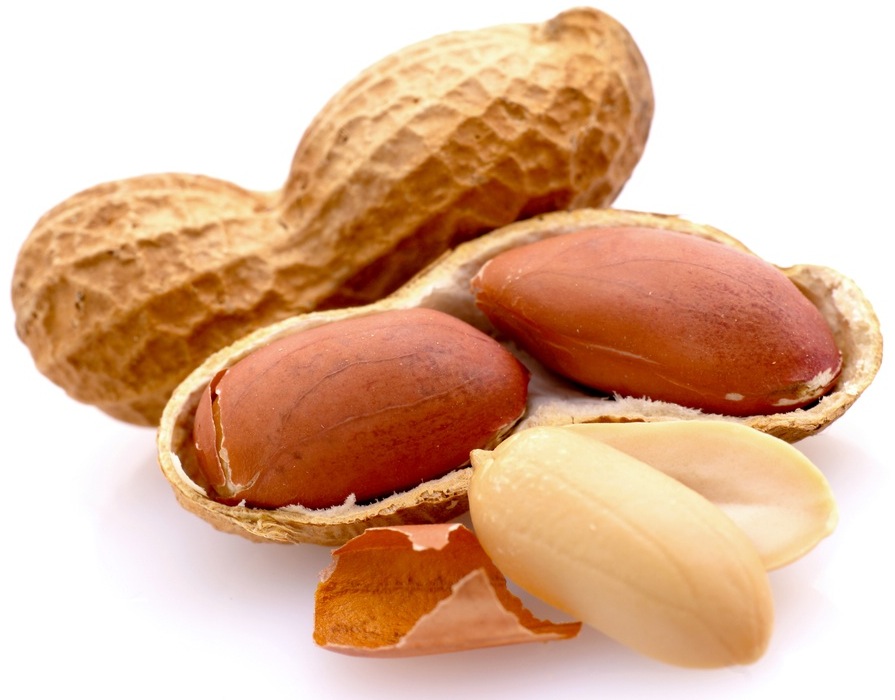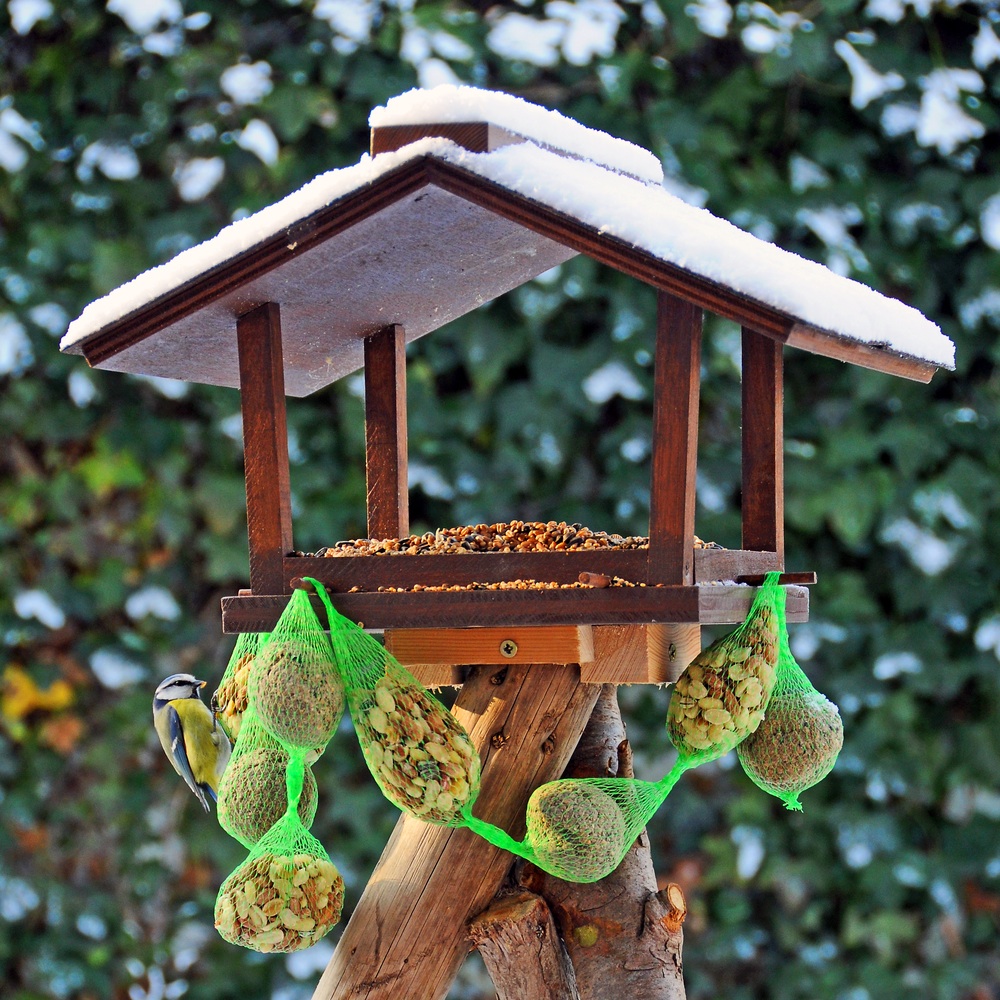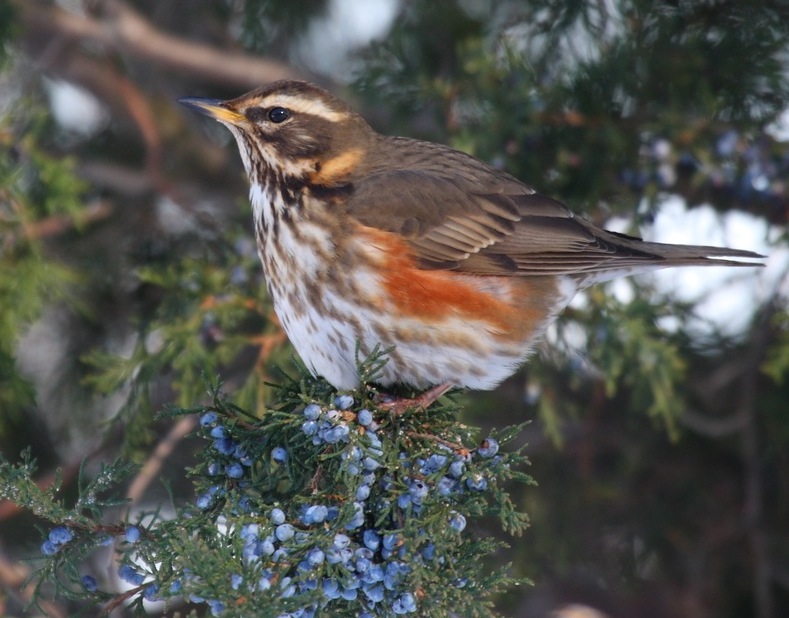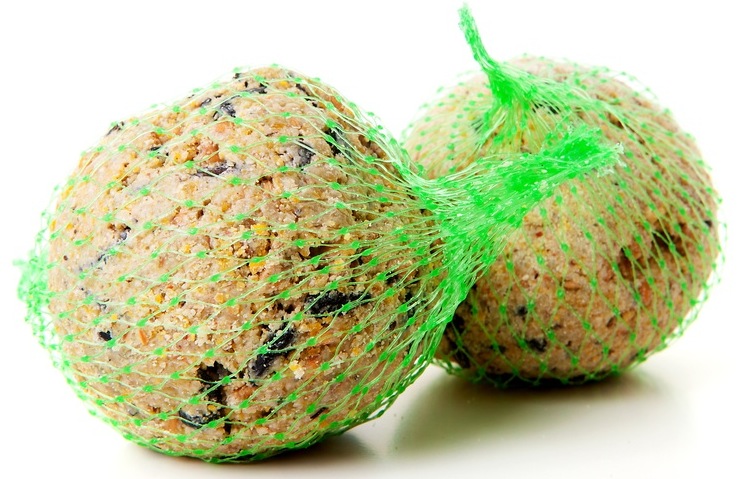Feeding wild birds

It has been known for many years that peanuts can be affected by fungal poisons called aflatoxins. The situation is made worse by the fact that it is virtually impossible to distinguish visually between batches of dangerous peanuts and those which are free from the deadly Aspergillus fungus.
This led the Birdcare Standards Association (BSA), the trade body for bird food suppliers in the UK, to appoint a Standards Officer, whose role is to check the quality of foodstuffs for wild birds being sold by its members and others in the trade. They buy batches of bird food anonymously for testing purposes, and then report back direct to the company concerned if they find any problem.
The BSA has also raised the standard for detectable levels of aflatoxins from the permitted maximum in the past, which was 5 parts per billion, up to a much more stringent level which now allows no detectable aflatoxin residues to be present in nuts packaged and sold under their logo. You should therefore have no worries if you only buy peanuts whose packaging carries the organisation's logo.
Other choices

Bird table feederA range of other foods are on offer now, with seed suppliers reporting a growing demand for black sunflower seed. This is possibly because it is smaller than striped sunflower and so the hard casing around the kernel can be cracked more easily by greenfinches and similar birds. You may also want to look for one of the various songbird mixes now available. These are intended primarily for birds such as blackbirds and thrushes, as well as visiting migrants such as redwings .
These members of the thrush family do not have stocky bills which allow them to crack seeds easily. Such mixes typically contain items such as rolled cereals like oats and sunflower kernels plus other ingredients including dried fruit, which makes them a more versatile feeding option than a regular seed mixture, containing something to appeal to virtually all garden birds.

Dehulled, high energy seed mixes are also gaining in popularity, partly because there are no husks blowing around the garden with this type of mix. They are typically comprised mainly of sunflower kernels augmented with canary seed and peanuts. As their name suggests, such mixes are especially useful for birds during periods of cold weather, thanks to their high calorific value.
Suet and softbill foods

Fat-based wild bird foods have been popular for many years. These are typically made primarily of suet, with items such as sunflower seed kernels and peanuts added to the molten mix before it sets hard. Some of these products incorporate a hook to hold them in place off a branch, whereas others can just be placed on a bird table.
There are also special wire mesh containers available to keep this type of food secure for smaller garden birds, rather than leaving them within reach of seagulls, crows, magpies and even cats.
Don't overlook other foods which are regularly stocked by many pet stores for different purposes, but are valuable for wild birds as well. These include softbill food, more commonly sold for mynahs and other aviary birds, as well as mealworms which are especially popular with thrushes and blackbirds.